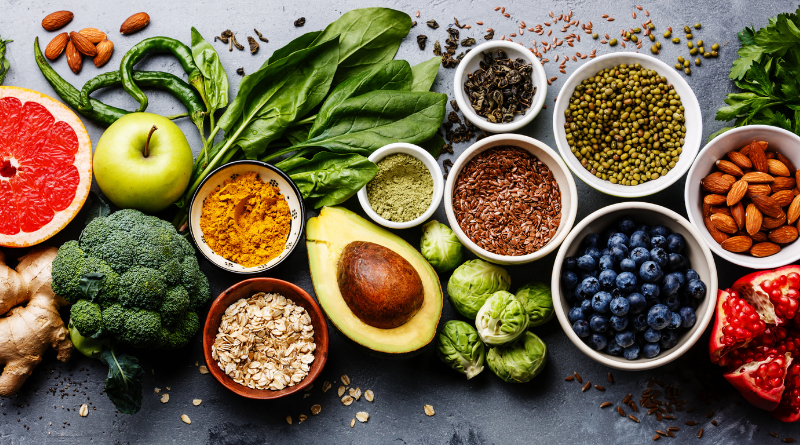How does food fuel leadership?
When we think of business performance, strategy and leadership it’s highly unlikely that many people are thinking of nutrition. We may all have certain characteristics which we associate with strong leadership skills, personality traits such as openness or decisiveness. Our interpretation of strong a strong leader will be individual but there are some common denominators to successful people.
According to Forbes the number 1 trait of a powerful leader is the ability to self-manage. This quote is taken from an article in Forbes on the ‘11 Powerful Traits of Successful Leaders’.
“As an effective leader, you must be able to regulate your time, attention and emotions, while remaining aware of your strengths, weaknesses and potential sources of bias. Exceptional leaders are adept at handling stress and balancing their personal and professional lives.“
However, someone who is driven in their work-life may not always be supporting their personal health and this will have an impact on their ability to be the leader they wish to be.
Nutrition is intrinsically linked to each and every element of our lives. Whether we choose to place importance on our food intake or see it simply as a ‘means to an end’ the impact is there. The foods we eat literally impact on every cell in your body. That means; every movement, every emotion and every decision.
The foods you eat can support you mentally and enable you to have cognitive clarity, both are pretty important for an effective leader or indeed a successful and productive day at work! But on the flipside, the foods you eat can create unstable emotions and leave you feeling confused, unable to focus and dithering on decisions, not to mention, potentially being a little bit irritable.
That touches on the day-to-day elements but the nutritional link goes much, much deeper. Being a leader, running your own business, working in a team, working alone, working under a leader; all of this brings stresses and nutrition helps us to deal with those external stresses before they become internal issues.
We can see some of the statistics around nutrition and workplace performance in the following quote as according to a report from ‘Healthy Performance’.
“Research has shown that inadequate nourishment can reduce employee’s efficiency by 20% and that poor nutrition is directly linked to absenteeism, sickness, low morale and higher rates of workplace accidents”
This all makes perfect sense when we remember that; the foods we eat literally impact on every cell in your body, putting in poor fuel will impact negatively on every movement, every emotion and every decision. Making you more clumsy and forgetful hence, (workplace accidents). More likely to fall ill and need time away from work as poor nutrition has a negative impact on the immune system and a low mood will lead to lower morale.
There’s the bigger issue of longer-term stress too. Initially we can all cope with excessive stress fairly well, our bodies are designed that way to get us through situations. We produce hormones to keep us on ‘high alert’ (triggering the fight or flight response) and function with increased energy, decreased pain, heightened awareness and improved strength. But all of these reactions are designed to be temporary and in response to a situation we can change (such as running away or fighting a bear, highly unlikely I know, but our biology dates back to a time when that may have been more necessary!).
The issue with workplace stress is this heightened response is continual and that can lead to health issues resulting from oxidative stress. We may all think we can cope with not getting much sleep, eating at our desk, grabbing more coffee to get us through the afternoon and then having some wine to relax us in the evening but the key to getting the most out of our bodies and therefore the most out of our work performance is to put in the right fuel.
The balance to a healthy life isn’t to avoid everything and eat kale but it is being able to recognise what your body needs and respond to that. A diet of caffeine, processed foods and an inability to relax is not going to lead to optimal performance, taking a step back, going for a lunchtime walk, moving away from the desk and actually chewing the food not gulping it makes you more productive and gives you a much clearer head to get through the rest of the day.
Nutrition is more important than you think and remember that each bite impacts on every decision, every movement and every emotion so choose wisely!
Originally posted 2021-11-15 17:30:06.
- How does food fuel leadership? - January 28, 2026
- Your immune system – why you need it and what you can do to support it! - December 2, 2025
- The science of happiness - September 11, 2025






